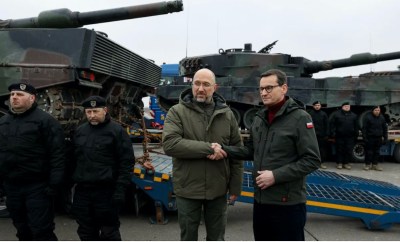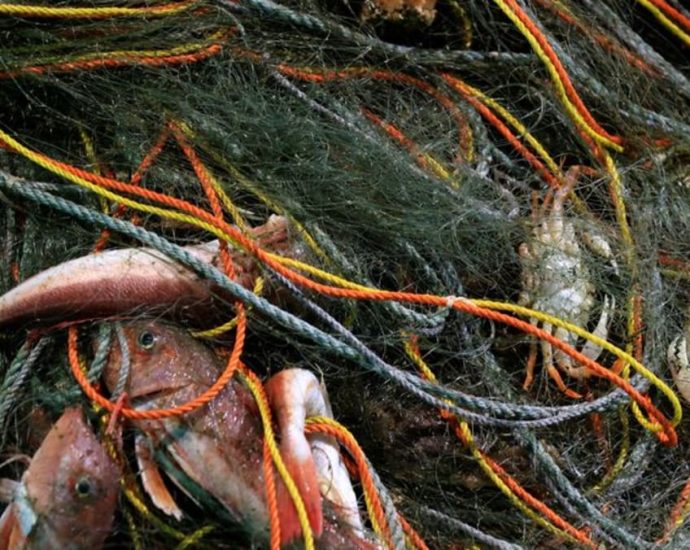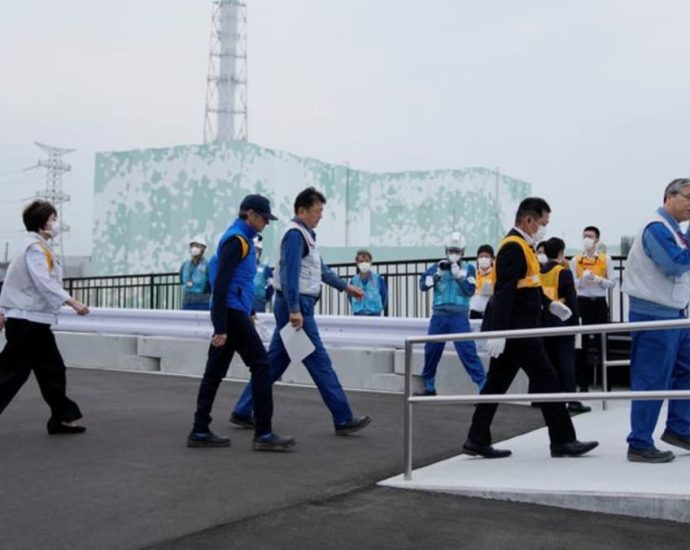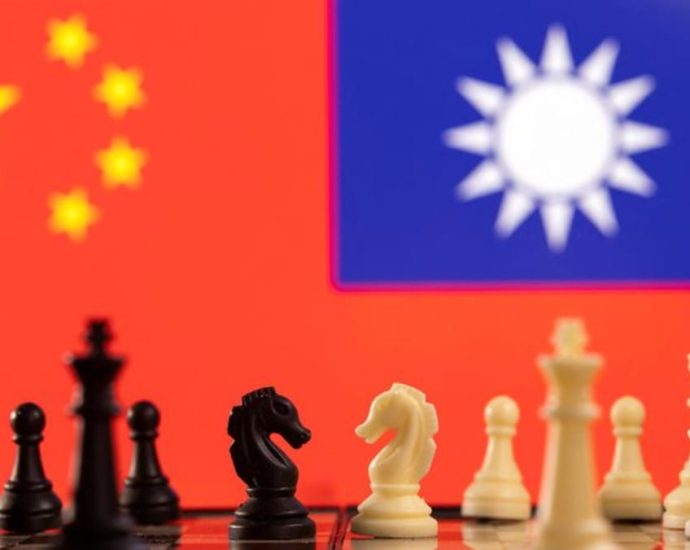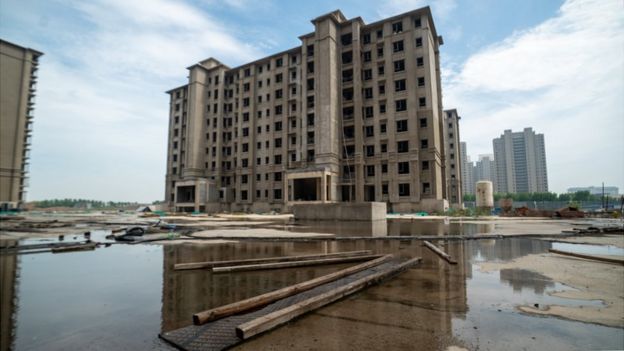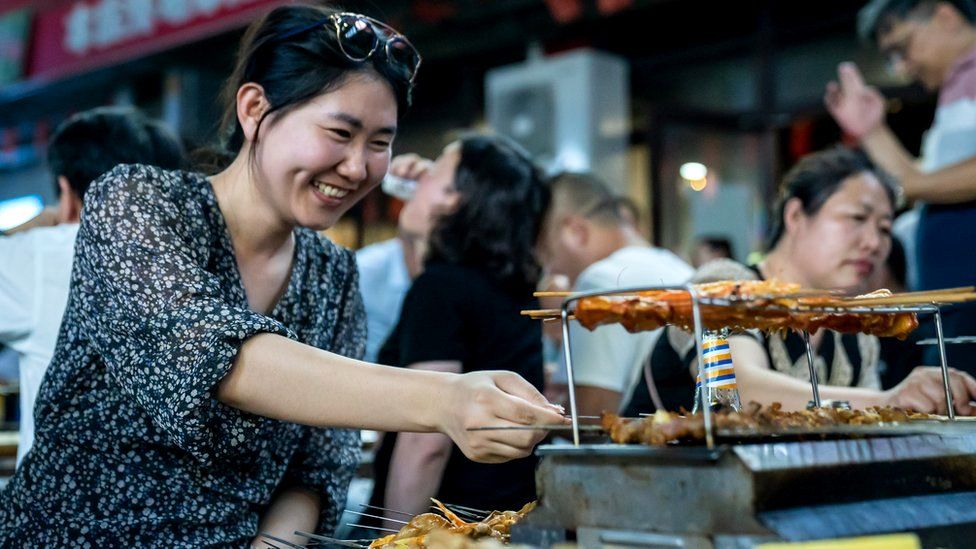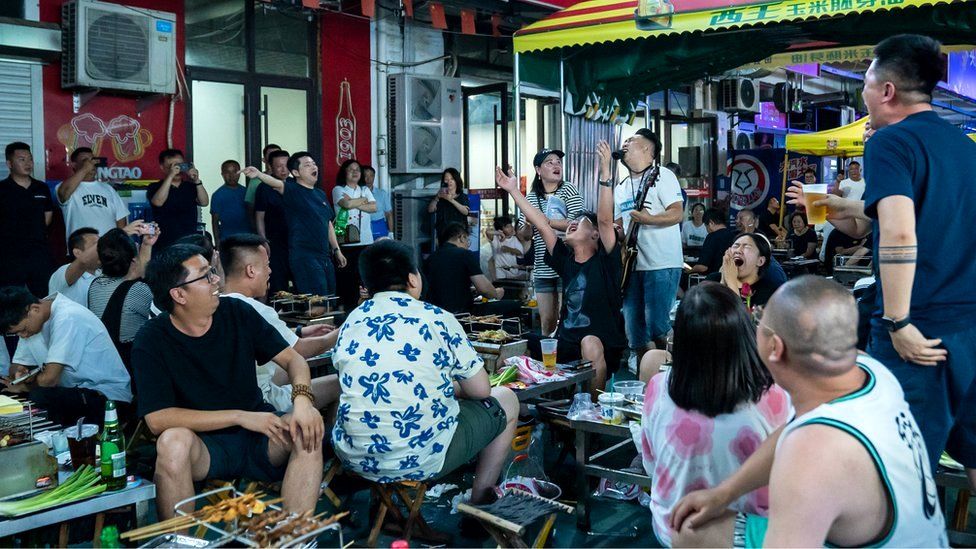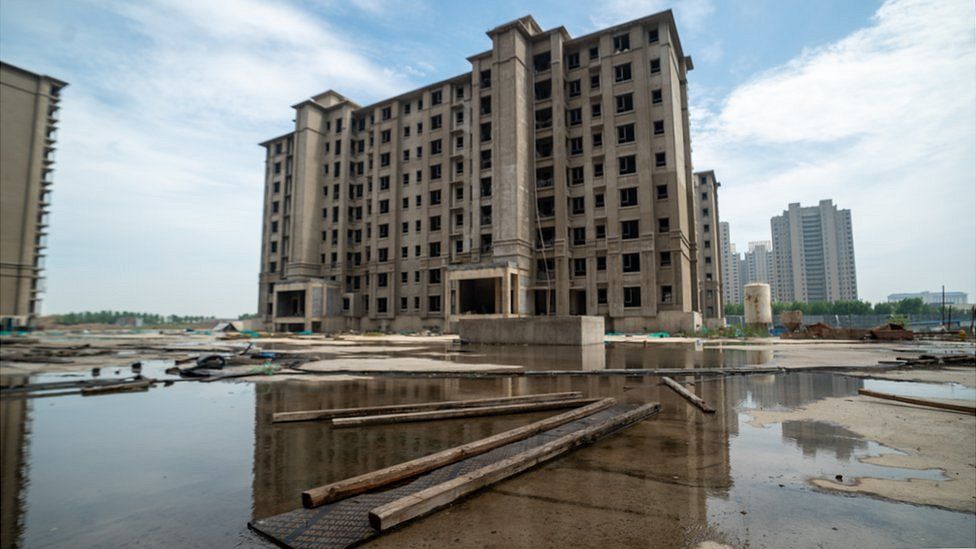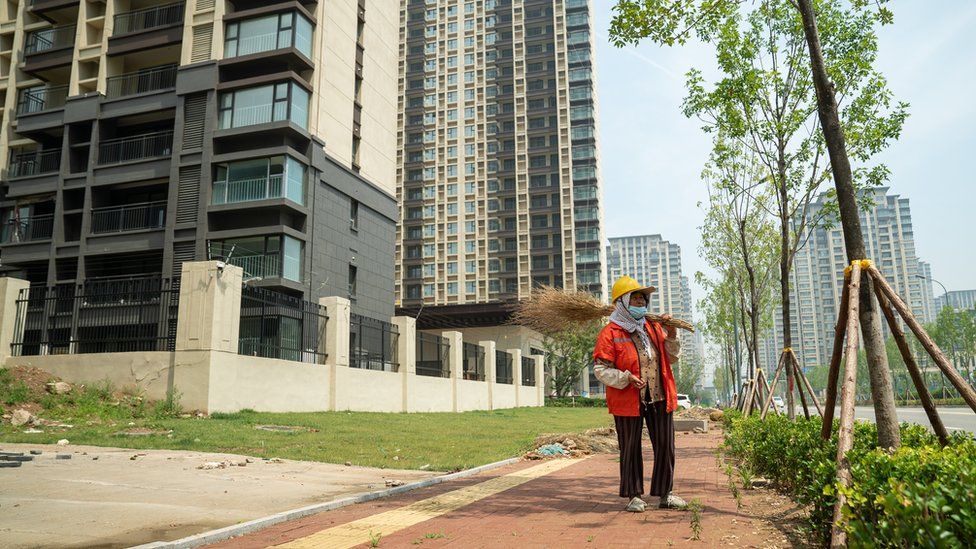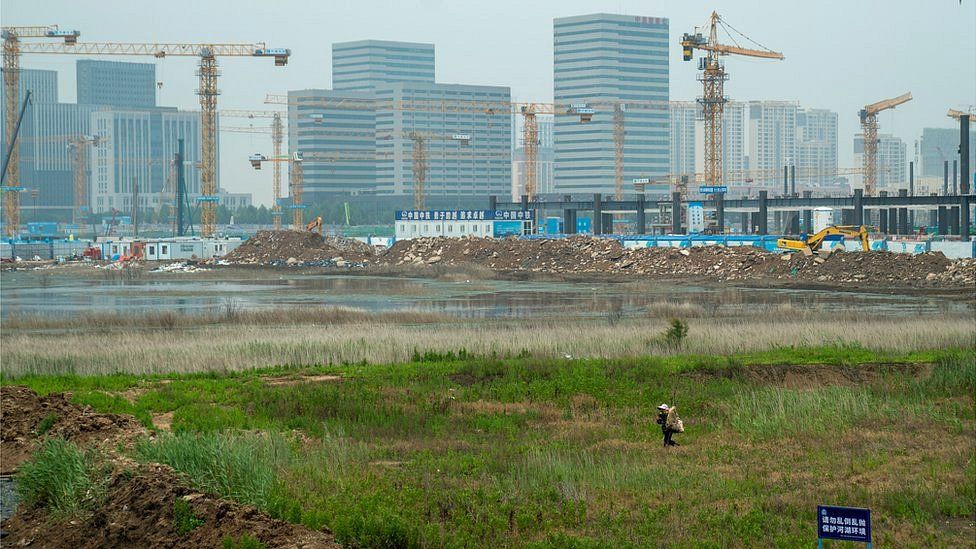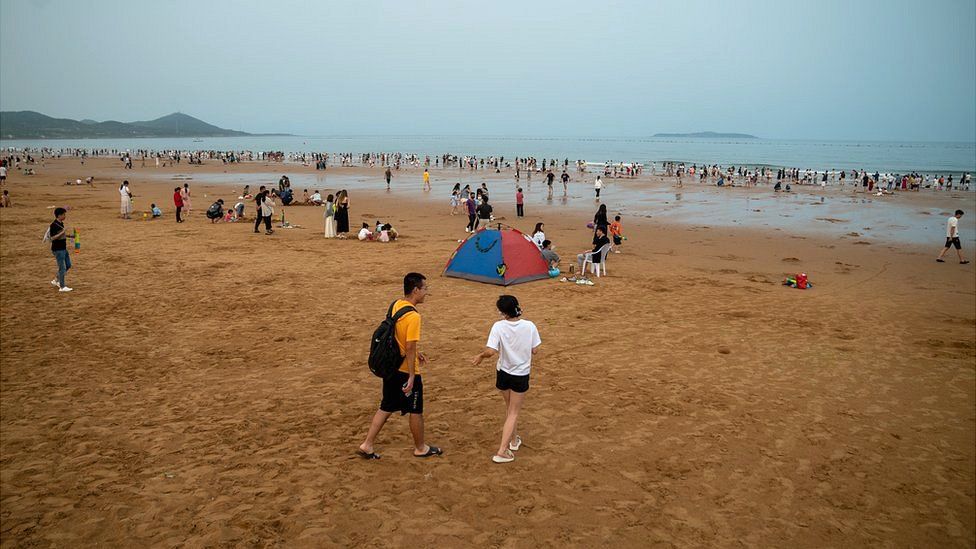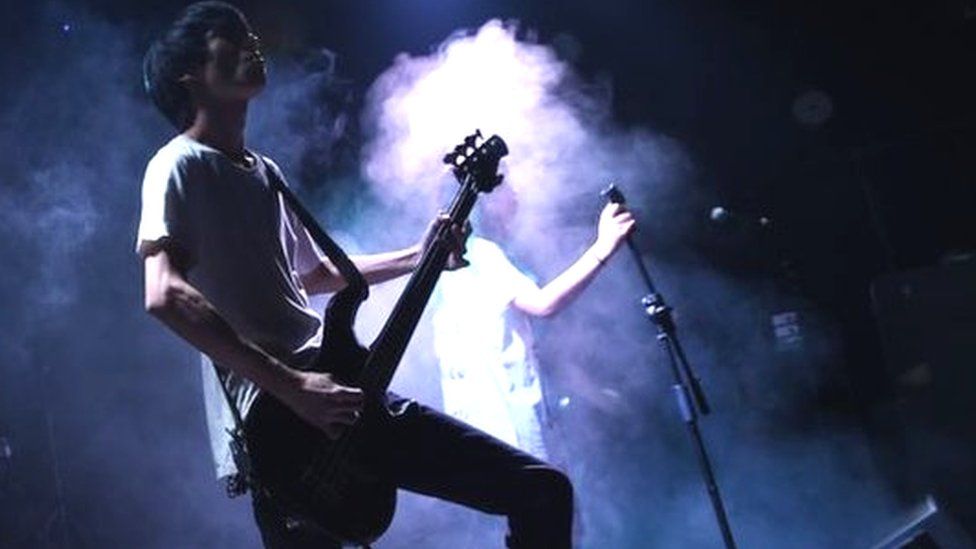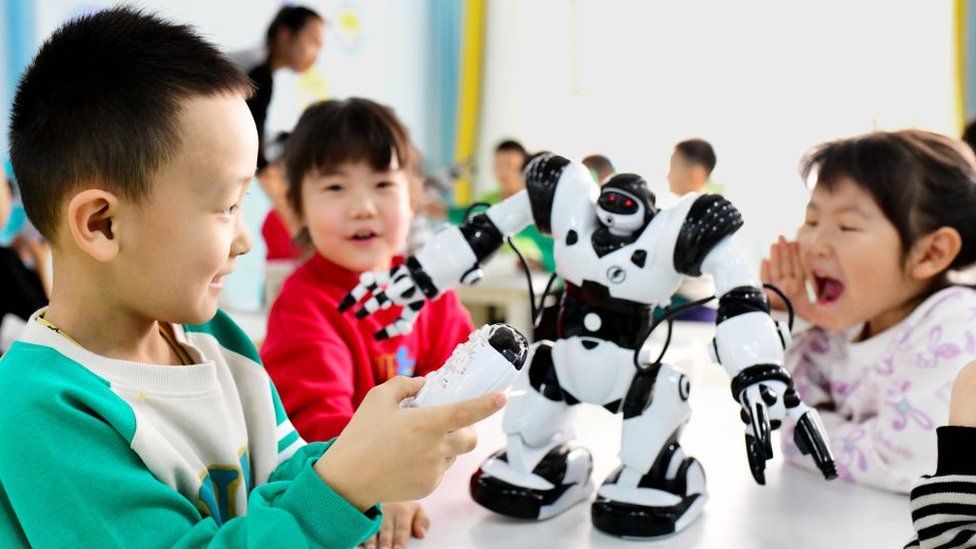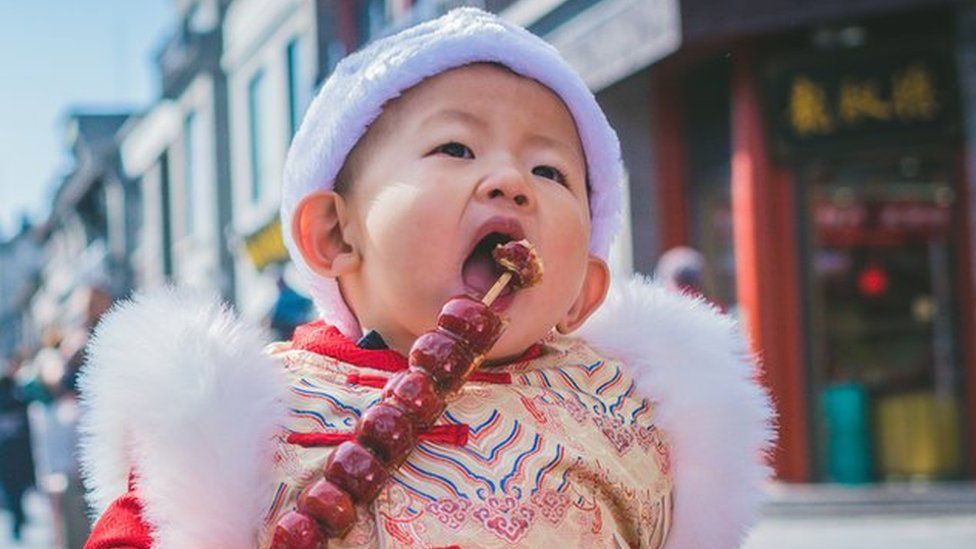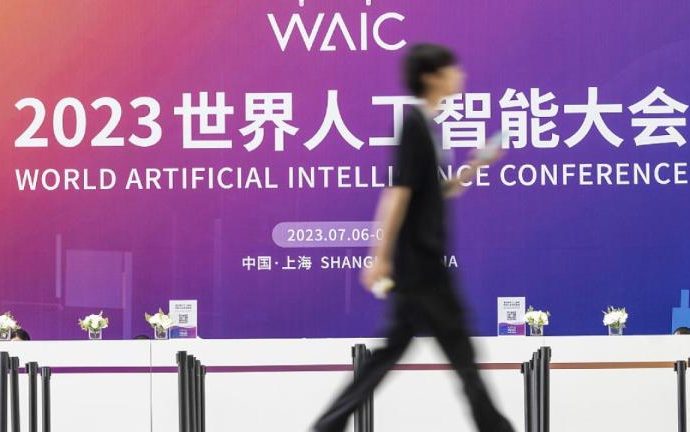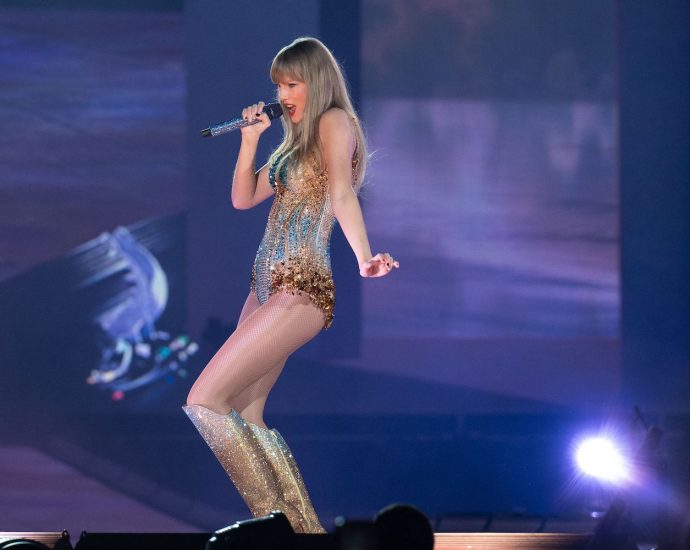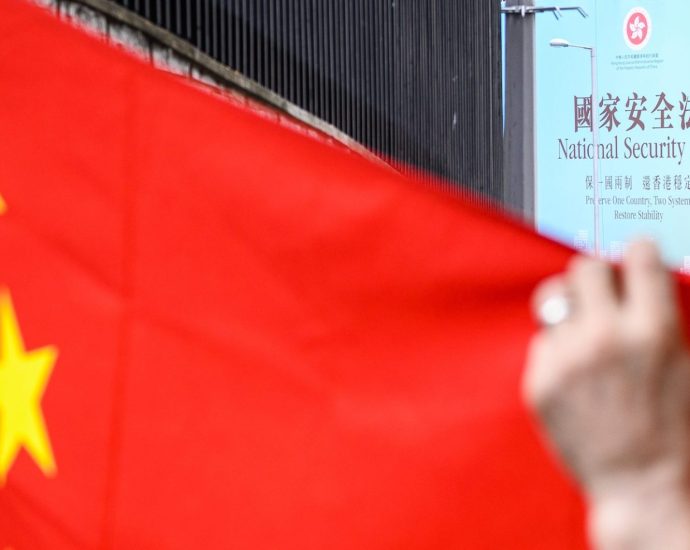Vilnius NATO summit will likely be a flop
Any decision on NATO membership is between the 31 Allies and aspirant country. And so, in this case, when it comes to Ukraine, we have been discussing with our NATO Allies and Ukraine how we can collectively support Ukraine’s aspiration for Euro-Atlantic integration.
Ukraine would have to make reforms to meet the same standards as any NATO country before they join. President Biden thinks that Ukraine can do that.
US President Joe Biden will spend three days in Europe at the NATO Summit in Vilnius scheduled for 11 and 12 July. The main topic will be Ukraine and where to go from here.
Ukraine is pushing for either immediate NATO membership or actionable security guarantees from NATO. But Ukraine’s position is undermined by the failure of the counteroffensive against Russia, and the failure of its attempts – via sabotage, assassination and lethal drones aimed at the Kremlin – to destabilize the Putin government. Now Ukraine is saying it needs NATO air power to be able to win its war.
It will be very hard to get a NATO consensus on the road ahead, no matter how much arm twisting Washington uses on its European partners.
Europe is already in a recession thanks to the Covid catastrophe, the sanctions on Russian energy and the huge unemployment levels, which impact recent immigrants. The result of all that is social unrest across Europe. France is already experiencing a serious revolt, and while the French situation has eased in the past few days, it will come back.
Meanwhile, the German government coalition is steadily losing popular support and the AfD, Germany’s right-wing party, is now the second most popular party in the country. Olaf Scholz and his coalition partners don’t know what to do: they may try banning AfD as a last ditch effort. Italy is also far from out of the mess.
The country has a conservative leadership but is being battered by unprecedented waves of immigrants coming from the Middle East.

Europe is out of money and out of bullets. It is not in a mood to give a blank check to Ukraine or risk a bigger war that might spread into Europe. President Biden will have a hard time trying to squeeze more from the Europeans.
Biden knows that he cannot unilaterally use US forces, especially airpower, without airbases and supply centers in Europe. Right now, Washington has a free hand because US warplanes are not bombing Russian positions in Ukraine. Bombing them, however, would force a strong European reaction and shatter NATO.
Ukrainian leader Volodymyr Zelensky has been pressuring Washington for advanced warplanes, saying airpower would make it possible for Ukraine to win. But the only practical way forward with that over the next year is to operate from bases outside of Ukraine using US and possibly other NATO aircraft.
This would certainly mean war in Europe and the currently ruling governments in Europe either would have to say no or face being removed by force. It is, therefore, an unlikely, if highly dangerous, scenario.
Washington has already signaled that it has been unable to convince its partners about Ukrainian NATO membership. It is likely that behind the scenes Washington is trying to craft some sort of security guarantee for Ukraine, but any meaningful guarantee is probably a bridge too far.
Russia is also restive after the Yevgeny Prigozhin-led coup attempt. Putin wants a military victory soon, as does the Russian army, which was badly stressed by the Prigozhin accusations.
Holding the line against a Ukrainian counteroffensive is not really a victory for the Russians since their image remains tarnished at home. It is reasonable to expect, therefore, that once the Ukrainian losses mount up high enough in the coming weeks, the Russian army will make dramatic offensive moves against Ukraine.
The big unknown is what the Russian army will do: Will it launch a big attack on Kiev, Kharkiv or Odesa? If, after Vilnius, Moscow sees Zelensky without any expectation of NATO coming to save him, it will exploit the situation very quickly.
Part of the Western foundation for Ukraine’s offensive was the introduction of modern technology on the battlefield, represented especially by the appearance of the Leopard tank. Unfortunately for NATO, the Leopard tanks have not saved the day for Ukraine.
So far, between 16 and 20 Leopards have been knocked out on the battlefield along with lots of other NATO-supplied armor, including infantry fighting vehicles such as the US Bradley and mine clearing systems like the Finnish Leopard 2R HMBV and the German Wisent 1.

The Leopard and US Abrams main battle tank form the armor backbone of NATO’s land defense.
While the US and its allies have superior airpower, they have sparse and inadequate air defenses compared with what Russia can bring forward. This means that a land defense needs to stand up to Russian attack helicopters armed with missiles, lethal drones and air-launched mines in addition to artillery.
The failure of the Leopard in Ukraine represents a huge challenge for NATO and signals that the current NATO “tripwire” strategy may not work.
Under the tripwire paradigm, the idea is that an initial Russian attack (most likely in the Baltic states because Russian forces are very close to Estonia and Latvia) can be held for some days while the US ships heavy forces into Europe. But if the tripwire is illusory, then NATO is exposed to rapid Russian advances in Europe should an attack be launched.
The bottom line is that NATO’s strategy needs revision or, alternatively, that the Europeans and Russians need to work out a mutually acceptable security arrangement. It is exactly such an arrangement that Russia proposed to NATO in December 2021. It was rejected without discussion.
Now the ammunition cupboard is bare, even in the United States. The Russians are learning how to counter advanced Western systems, a negative development for NATO’s security. It could not be a worse time to risk Europe’s security on the basis of being able to stop a Russian attack.
It may be easy for British politicians to scream they want NATO to fight in Ukraine, but it isn’t London that is likely the first target of Russia’s missiles. Cracks in the alliance are emerging more quickly than anticipated, and Europe’s weak governments are in trouble.
It will be interesting to see how Vilnius plays out. It will certainly be a propagandistic show, but there is a good chance Vilnius will be a flop.
Stephen Bryen is a senior fellow at the Center for Security Policy and the Yorktown Institute. This article was originally published on his Substack, Weapons and Strategy. Asia Times is republishing it with permission.

